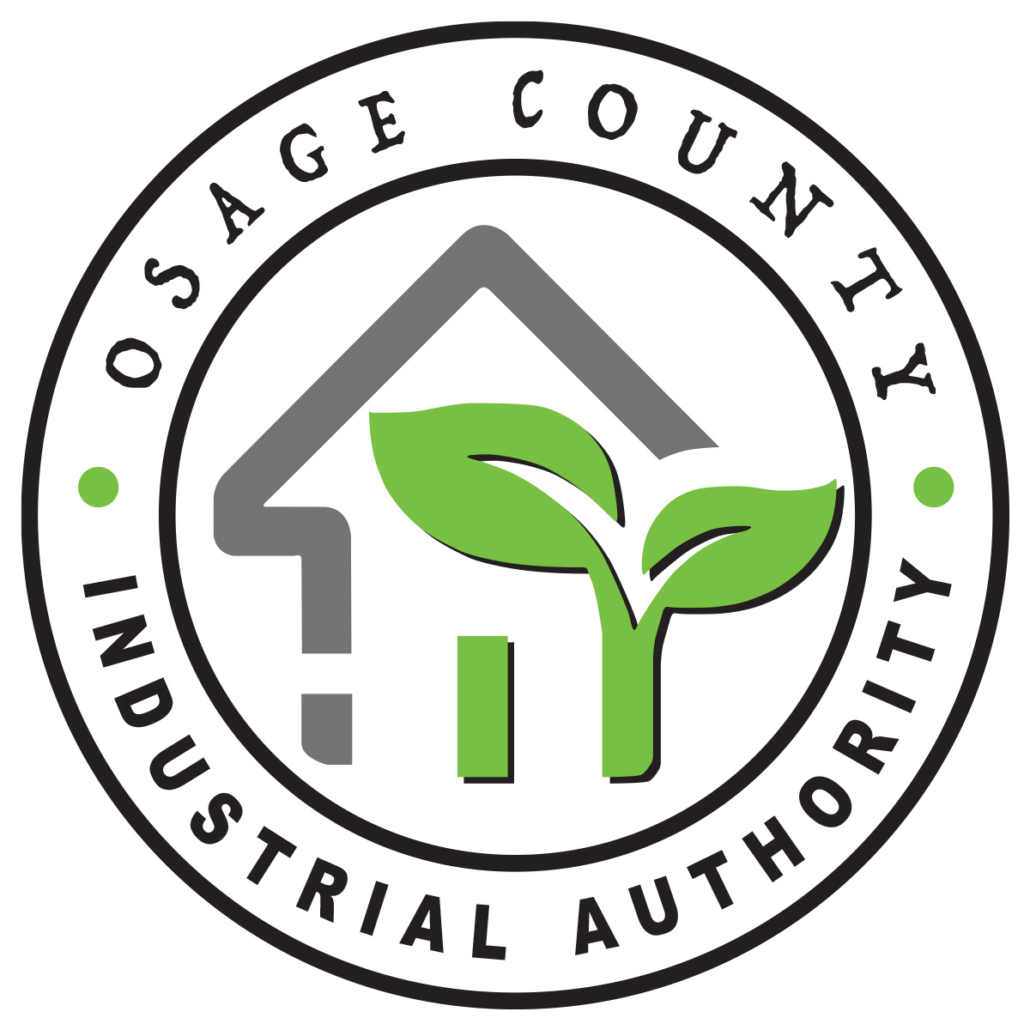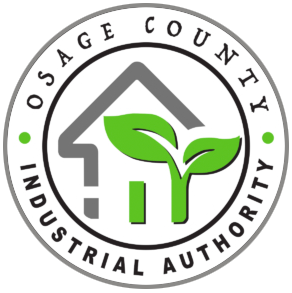Unlocking Small Business Success: The Personal Financial Statement
Securing funding for a small business venture often involves more than just presenting a solid business plan. Lenders and investors are keenly interested in the financial stability and responsibility of the individual behind the business. This is where a personal financial statement becomes a crucial piece of the puzzle. In this article, we’ll delve into what a personal financial statement is, the essential information it should include, the optimal format, and the situations in which it becomes indispensable.
What is a Personal Financial Statement?
A personal financial statement is a snapshot of an individual’s financial health. It provides a comprehensive overview of assets, liabilities, and net worth, offering a clear picture of one’s financial standing. When seeking a small business loan, lenders and investors often request a personal financial statement to assess the borrower’s ability to manage finances and withstand financial challenges.
Essential Information in a Personal Financial Statement
- Assets:
- Include all personal assets such as real estate, vehicles, investments, and cash. Be thorough in listing assets to provide an accurate representation of your financial strength.
- Liabilities:
- Outline all debts and obligations, including mortgages, loans, credit card balances, and any other outstanding liabilities. Lenders are interested in understanding your existing financial commitments.
- Net Worth:
- Calculate your net worth by subtracting total liabilities from total assets. This figure represents the amount by which your assets exceed your liabilities and is a key indicator of financial health.
- Income and Expenses:
- Provide details of your regular income sources and monthly expenses. This information helps lenders assess your cash flow and ability to meet financial obligations.
Optimal Format for a Personal Financial Statement
- Clarity and Simplicity:
- Present the information in a clear and straightforward manner. Avoid unnecessary jargon or complex financial terms that may confuse the reader.
- Accuracy and Completeness:
- Ensure all data is accurate and up-to-date. Incomplete or inaccurate information can raise concerns among lenders and investors.
- Professional Presentation:
- Use a professional format with clear headings and sections. A well-organized document reflects your commitment to transparency and professionalism.
- Supporting Documentation:
- Include supporting documentation for major assets, such as property appraisals, investment statements, and any relevant financial statements. This adds credibility to the information provided.
Download this Personal Financial Statement Template formatted in Microsoft Excel to help get you started!
When is a Personal Financial Statement Needed?
- Small Business Loan Applications:
- When applying for a small business loan, especially for startups or small businesses without an extensive financial track record, lenders often require a personal financial statement. This helps them assess the individual’s capacity to support the business financially.
- Investor Funding:
- Investors, whether angel investors or venture capitalists, may request a personal financial statement as part of their due diligence process. They want to ensure that the entrepreneur has a solid financial foundation and is personally invested in the success of the business.
- Business Partnership Considerations:
- When entering into a business partnership, potential partners may request a personal financial statement to evaluate the financial stability of their prospective colleague. This is common when the partnership involves shared financial responsibilities.
- Financial Planning and Decision-Making:
- Even outside the realm of seeking external funding, individuals may create personal financial statements for their own financial planning. It serves as a tool for assessing personal financial goals, tracking progress, and making informed decisions.
In conclusion, a personal financial statement is not just a document required by lenders; it is a powerful tool for individuals to understand and manage their own financial well-being. When seeking a small business loan from a bank or an investor, this statement becomes a passport to financial credibility. By presenting a clear, accurate, and professionally formatted personal financial statement, entrepreneurs can instill confidence in lenders and investors, increasing the likelihood of securing the financial support needed for their small business ventures.
Recent Articles
Article Categories
- Business Resources (11)


